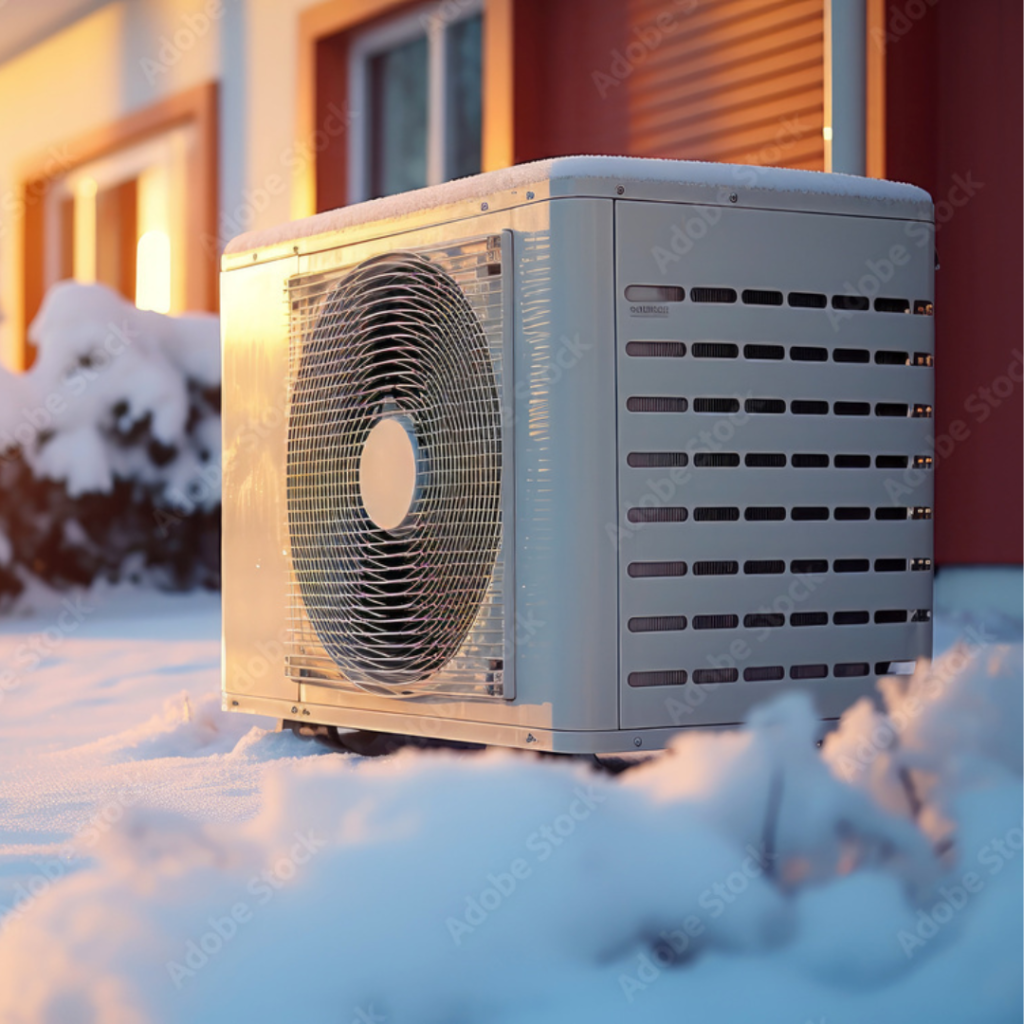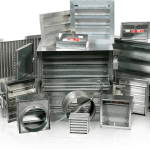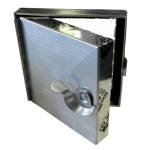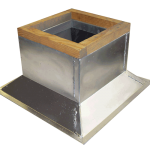
As we migrate into the winter months, there may be a lot of questions lingering about your HVAC system and how to make sure it’s working efficiently. When your system is running efficiently, it uses the least energy while being the most productive.
The more efficient your system runs, the more money you save! So how do you keep your unit running efficiently through winter? Whether it’s scheduled maintenance, upgrading to a brand-new system, or opting for smaller upgrades to optimize efficiency, we have you covered.
What is HVAC?
HVAC stands for heating, ventilation, and air conditioning. Your HVAC system is used to move air between indoor and outdoor areas while keeping you warm and cozy in the winter and feeling cool and refreshed in the summer. Your system will also help keep you healthy by keeping your indoor air clean and filtered.
Routine HVAC maintenance will keep your system running efficiently through every season! We have explained everything a routine maintenance will include and anything you should keep an eye out for. Being knowledgeable of how your system operates and knowing the signs something is wrong can alert you to an issue that needs immediate attention.
Six Tips to Keep Your HVAC Running Efficiently
Set your thermostat
Seal & insulate
Check your roof
Dark shades
Dress warm
Keep up your HVAC maintenance
Set It, But Don’t Forget It!
If you don’t have a programmable thermostat but have the option to install one, you should. A programmable thermostat allows you to keep your house cooler when you aren’t home and warms it up closer to your arrival. This saves you money while being energy efficient, giving your system a break. If you do not have a programmable thermostat, make a note to adjust your thermostat when you are out of the house for extended periods.
Check Your Insulation
Your home’s insulation is key to holding the heat in your house. Make sure to focus on the colder areas of your home and do your research on how best to add to your current insulation. This will keep your house warmer while preventing a significant strain and minimizing the amount of work your system must perform.
If you find issues within your insulation, contact a professional to help assess your needs and provide a quote for improvements. Poor insulation makes your system work overtime trying to keep your space adequately heated.
Inspect Your Roof!
Is your roof showing signs of aging? You should replace your roof about every fifteen years. Signs that your roof is nearing the end of its life include missing shingles, sagging spots, or noticeable water damage.
While a new roof is costly, delaying replacement will drive energy costs through the roof and put a strain on your wallet and your system. Inspect your roof and ceilings consistently to avoid any surprises when the colder weather arrives.
Use Those Dark Shades!
Make sure to close your shades at night to keep in the heat. This allows places in your home that are naturally colder due to lack of sunlight to stay warm.
Open the shades for places that receive several hours of sunlight and close them once the sun goes down, keeping that heat in. This allows natural heat into your home, so your system doesn’t have to work as hard to heat every room.
Dress Warm
Adjusting your loungewear at home can save you money. We aren’t recommending layers and layers of clothing, but you should opt for pants and a long-sleeved shirt instead of shorts and a tank.
Dressing warmer allows you to keep your system at a consistent temperature instead of turning it up each night when you are home.
Keep Up HVAC Maintenance
We recommend scheduling HVAC maintenance twice a year, in late spring and late fall. A technician will visit your home and provide complete maintenance of your HVAC system while following a detailed checklist.
While you can do your own preventative checks, a trained technician will service your system and have it running efficiently no matter the season!
What is Included in HVAC Maintenance?
Visual system inspection
Cleaning and debris removal
Ductwork inspection and cleaning
Filter change
Coil cleaning
Repair or replace any components
Fire dampers check
Inspect Your System
A technician will inspect your system for any apparent damage that it may have during a routine HVAC maintenance. If damage is present, they will provide a quote to replace the damaged parts during that visit. A significant component of an efficient HVAC system is ensuring there is no damage to your unit.
Clean Your Outdoor Unit
If you have an outdoor HVAC unit, you want to keep it as clear as you can. A technician will turn your exterior air conditioning system off during routine HVAC maintenance, preventing any accidental use during winter. While a protective cover is not necessary, it is recommended to keep your unit clear of snow, leaves, sticks, and branches to avoid any damage to the unit.
Inspect and Clean Your Ductwork
A technician will take time to inspect and clean your ductwork during HVAC maintenance. Your HVAC ducts should be in good condition with no gaps, damage, or disconnection throughout. Proper care of your HVAC ducts is a significant factor in their efficiency. A leak in your HVAC ducts can cause heat loss of up to 30%, costing you money and straining your equipment.
Change the Filters
Air filters are crucial to the success of your HVAC unit. During HVAC maintenance, a technician will replace your air filters. In addition, it is recommended to inspect your filters monthly to prevent the buildup of dirt, dust, and debris and replace them as often as needed for optimal efficiency. A dirty filter can prevent proper airflow through your house. If you tend to forget it’s time to replace them, opt for a service that will send monthly filters right to your door!
Clean your Coils
Your coils can become caked in dirt and debris after being used for air conditioning all summer. This prevents proper heat flow when the colder months arrive. During your HVAC maintenance, the technician will remove all dirt and debris found, ensuring you will have no issues using the heat throughout the winter. In addition, dirty coils can cause your system to work overtime, costing you money and potentially damaging your system as it overworks to heat your house.
Repairing or Replacing Components
No one wants to spend money on minor replacements, but those minor repairs and replacements during routine HVAC maintenance can save you a hefty bill down the line. At the end of your HVAC maintenance, the technician will offer suggestions of things that should be done and within what timeframe. Ask questions and take care of anything time-sensitive while the technician is still there, saving yourself a headache later!
Inspect Fire Dampers
While fire dampers do not need to be inspected during every maintenance, yearly is recommended. For motorized dampers, maintenance every two years is suggested. Please do not wait on any issues that arise, as it’s imperative to keep your dampers up to code to keep your house safe.
What is a Fire Damper?
Fire Dampers are passive fire protection products used in HVAC ducts that prevent the spread of fire inside the ductwork. While the standard thought for fire safety includes smoke detectors, fire blankets, fire alarms, and extinguishers, fire dampers play a crucial role that is often overlooked.
How Does a Fire Damper Work?
Fire dampers begin working when a room temperature rises to around 165 degrees Fahrenheit. The damper has a fusible link that will melt, closing its door. Once the door closes, it prevents the spread of fire, keeping damage to a minimum. Fire dampers are also trained to close when they receive an electrical signal from a fire alarm system. This signal senses heat or smoke in the building or the HVAC ducts.
Are Fire Dampers a Necessity?
Fire dampers are vital. Fire dampers could save your life (and parts of your house) if a fire were to occur. While the hope is never to need your fire dampers, making sure they are up to code in an emergency is crucial.
What Does Fire Damper Maintenance Entail?
The steps required for fire damper maintenance include:
1. Checking the actuator and tightening it if necessary
2. Cleaning the damper blades and any other necessary parts
3. Checking closure springs. Make sure to replace or repair if there is damage
4. Checking for any rust or corrosion. Replace if necessary
The technician who performs the maintenance should have a checklist and provide you with the results and applicable recommendations for your fire dampers. Don’t avoid necessary repairs!
Maintenance should be performed on your fire damper one year after installation and every four years after that for complete maintenance. Ensuring that your fire dampers are always up to code is a top priority. Fire damper maintenance can also be completed during routine HVAC maintenance when requested.
What Happens if You Don’t Maintain Your Fire Damper?
While everything deteriorates over time, consistent and quality maintenance keeps things functional for an extended time. However, deterioration coupled with poor maintenance can prevent your damper from remaining functional for extended periods. While fire dampers aren’t top of mind for fire safety, when working, they do help prevent the spread of a house fire or smoke. Therefore, it is imperative to keep your fire damper and ductwork up to code for the safety of your home.
Should You Upgrade my HVAC System?
If your system is working efficiently and a professional technician has advised you it is in great shape, there is no need to upgrade significantly. However, if you are looking to make your current system more efficient, there is a way to “upgrade” your system without replacing the entire unit.
Smaller upgrades, including adding condenser fan controls or replacing the compressor, can offer you that new feel without breaking the bank, keeping your efficiency levels top-notch! However, if you choose to upgrade your system, do your research, and choose a highly energy-efficient system.
How an Efficient System Benefits You
Savings
Comfort
Air Flow
Environment
Savings! Savings! Savings!
We aren’t kidding. The more efficient your system is, the more money you save year-round. In addition, older systems don’t produce the same output as newer ones, so upgrading to a new system means less waste and better output! This continues to put more money back into your pocket every season.
Comfort is Key!
An efficient system keeps your home comfortable on the hottest and coldest days of the year. It also keeps the temperature in every room consistent, allowing you to enjoy your whole house instead of being stuck in the only sunny room.
Air Flow Improvements!
A highly efficient system will have different speed motors keeping airflow at the ideal level throughout your home. While providing consistent airflow, an efficient system allows you to run your fan year-round without any major power bill increases. Providing better airflow keeps your air healthier as well.
Environmental Impact
If going green is at the top of your priority list, upgrading your HVAC system is a great place to start. Newer high-efficiency systems use up to one-third less fuel than older systems, helping conserve more natural resources over time.
When Should You Schedule HVAC Maintenance?
Don’t wait until the last minute to schedule your HVAC maintenance. Waiting until your system already has a problem can equal costly last-minute repairs and extra fees for an emergency technician to visit your home.
Schedule your HVAC maintenance in the fall before the cold weather arrives, giving you plenty of time to prepare. However, we recommend having your HVAC maintenance completed before the first frost of the season!
As you can see, having an efficient HVAC system comes with numerous benefits. From saving you money at every corner to helping the environment, let your system work for you, not the other way around! Now that you are set for winter, don’t forget to schedule your HVAC maintenance for the spring!




